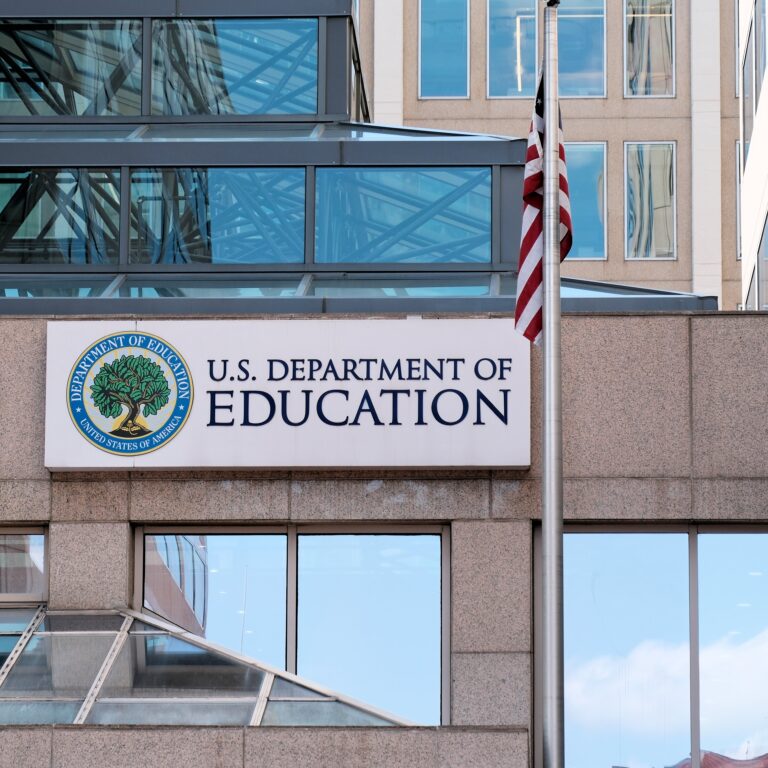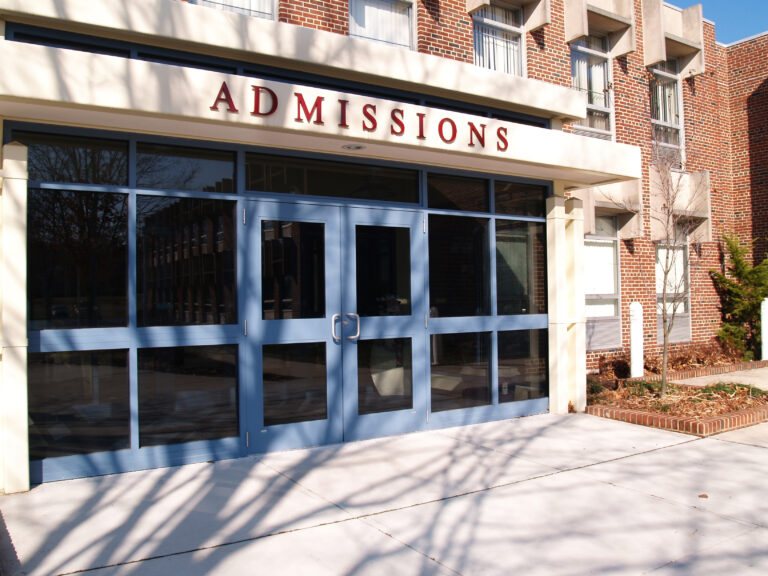In President Trump’s second term, it’s a good bet that apprenticeships will play an important role, if not the leading role, as they did in his first term.
Apprenticeship programs in the United States enjoy rare bipartisan support. The Obama, Trump, and Biden administrations have each recognized the effectiveness of apprenticeships as a notably successful strategy for preparing workers with in-demand skills and assuring them good quality jobs at the end of their training. Certainly, there are debates around the finer points of apprenticeship policy and practice, but the surprisingly broad agreement on the value of apprenticeships is too uncommon to go without comment.
President Obama’s administration expanded the federal government’s role in funding apprenticeships with a $265 million investment. Under Secretary of Labor Tom Perez, the priority was to increase access for underrepresented groups and industries beyond the traditional labor-management building trades apprenticeships, such as healthcare and IT.
Rather than rejecting his predecessor’s approach, President Trump added his own investment: nearly $300 million for apprenticeship grants. Controversy arose, however, when Trump championed so-called Industry-Recognized Apprenticeship Programs (IRAPs), arguing that doing so would reduce government oversight and allow industry groups more control in shaping apprenticeship programs. While IRAPs created a fuss among the apprenticeship community, the debate was not focused on the value or effectiveness of the training model. It was focused on government’s role in ensuring quality and labor standards.
The Biden administration reversed IRAPs, but reaffirmed strong federal support for apprenticeships. In 2021, Biden committed $285 million toward apprenticeship expansion. His administration emphasized using apprenticeships as a part of his larger industrial policy to rebuild domestic manufacturing, the clean energy industry, and infrastructure made possible by Biden’s bipartisan infrastructure law, Inflation Reduction Act, and CHIPS and Science Act.
Despite intense and often partisan disagreements over the specifics, presidents of both parties fundamentally agree on the value of apprenticeships. These programs offer a proven model for addressing skills needs, building pathways to the middle class that do not require a college degree, and increasing economic mobility. The “earn-while-you-learn” approach ensures that workers gain hands-on experience while earning the wages they need to support their families. The result is an impressively high completion rate for trainees. According to the Department of Labor, 93% of apprentices retain employment upon completion, with solid middle-class average salaries.
Apprenticeships can serve both parties’ goals and values. For Democrats, they align with policies that promote economic opportunity and labor-management cooperation, equity. For Republicans, apprenticeships are an effective example of business-led training models that reduce reliance on government aid and bolster American industries. Both parties see apprenticeships as pathways to good-paying jobs without the need for a college degree that are not just cost-effective compared to traditional higher education, but also offer a direct return on investment for both workers and employers.
In JFF’s October survey of registered voters about their workforce policy priorities for the new administration, expanding apprenticeships was the idea with not just the most overall support, but also the most bipartisan consensus.
Simply, apprenticeships work efficiently and well. And businesses across a growing range of industries are recognizing their potential, from the electronics manufacturing apprenticeship pioneered by IPC to new programs in emerging industries like supply chain software. Adding to this momentum, new organizations like Apprenticeships for America have emerged in recent years to act as a voice for the apprenticeship community on issues of federal and state policy.
When policy interests and political interests align in this way, bipartisanship is possible.
Yet, I’ll end where I started. We don’t yet know whether President Trump’s enthusiasm for apprenticeships will continue into his second term — particularly given his administration’s focus thus far on pursuing a budget-cutting agenda rather than looking for new ways to spend. It bears watching, and maybe raising a question if and when the Senate Health, Education, Labor & Pensions Committee holds a confirmation hearing for Henry Mack, President Trump’s nominee to lead the Labor Department Employment and Training administration.
This article is sourced from Whiteboard Notes, our weekly newsletter of the latest education policy and industry news read by thousands of education leaders, investors, grantmakers, and entrepreneurs. Subscribe here.




